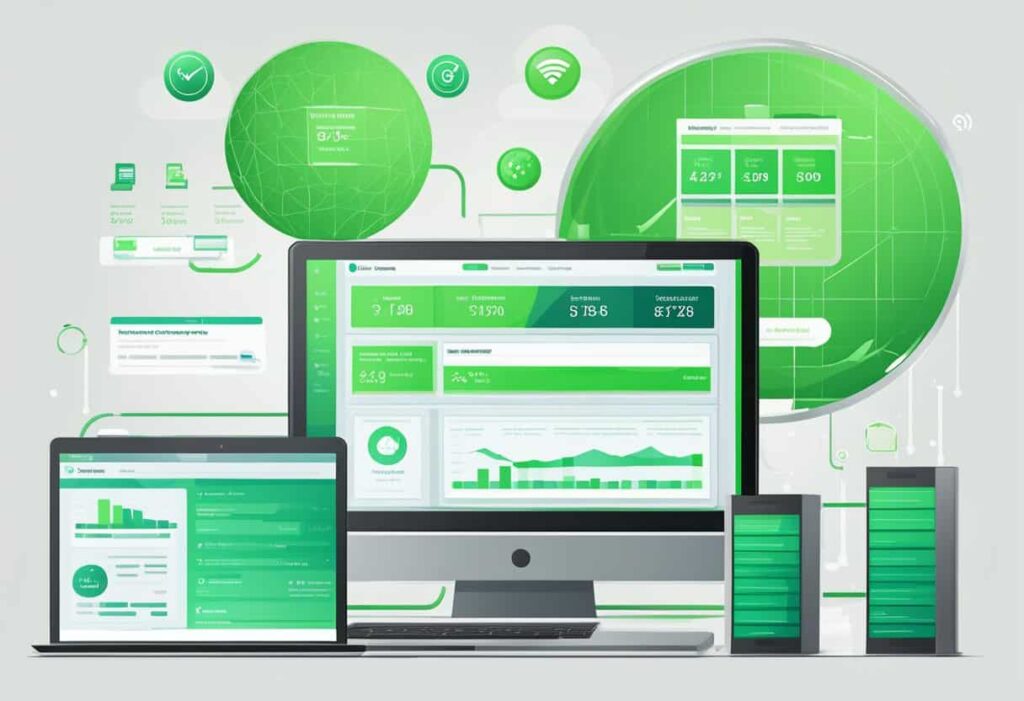
Email hosting privacy is an important aspect to understand when choosing domain email hosting. Around 361.6 billion emails are received and sent daily, showing how important email and its security can be for any business.
Email privacy is a primary measure any business adopts to protect its emails against unauthorised recipients. In this article, let us discuss email hosting privacy in detail.
That will help to streamline all the security factors with your Australian domain host for a stronger email hosting experience.
What is Email Hosting Privacy
Email hosting privacy is a well-defined measure to protect emails against unauthorised access during their movement. When an email is sent, it moves from one server to another, creating a risk of unauthorised access and a scope for attack in different stages.
Therefore, having email privacy facilitates better protection of emails, whether they are in transit or kept on the email server.
A Lot of times, without giving a thought, many of us click on the accept terms and conditions checkbox while creating our address. These check boxes actually lay down complex terms and conditions which most of us never read
But that random click threatens the security as it consents to access, store, and potentially share our personal and business email data with a third party.
Our emails carry sensitive information as they connect our bank accounts and every app and software we use. Therefore, simple random consent creates significant data security and privacy risks
How are Private Emails Different From Standard Emails?
Standard free email hosting like Gmail was not originally created with security and privacy in mind. So, when it was introduced, IMAP, POP, or STMP encryption protocols never actually existed.
The protocols were introduced over time to meet changing needs, and now TLS encrypts data in transit. Therefore, all emails are secured when sent, but only if the recipient service provider supports TLS.
Though Gmail offers encryption for emails sent, unfortunately, Google has the power to retain the encryption key to decrypt the emails sent. Because of this, they can access email data and share it with different sources, such as third parties, the government, etc.
So, the standard email acts like a postcard that can be easily accessed and read, creating privacy risks.
But when you go for the best email hosting provider with privacy settings or private emails, you get end-to-end encryption for the email you send. That means the email is encrypted and can only be decrypted by the recipient and no one else. It adds extra protection as messages cannot be read, shared or sold by anybody other than the recipient and the sender. Therefore, the best email hosting for small businesses with private settings is like a sealed letter that adds confidentiality to their emails.
How Does Secure Email Work?
1. End-to-end encryption And PGP
End-to-end encryption is the most defining and first security factor that ensures complete email privacy. This factor ensures that only the recipient can decrypt the email you sent. Usually, PGP and S/MIME
are used for encryption. PGP allows symmetric and asymmetric encryption, while S/MIME has authorisation, where a public certificate authority or local authority signs a certificate. This certificate verifies the security of email sent without any temperament to the recipient. Therefore, it ensures that neither hackers nor anybody can hack into the sent mail, ensuring email privacy.
2. Two-Factor Authentication
Two-factor authentication is another security factor that adds passwords or an OTP to the email to decrypt it. This means an additional layer of security is added in the form of a code or a password that the recipient can use to decrypt the message sent.
3. Server Location
Even the server’s location plays a role in ensuring email hosting privacy. For instance, countries like Switzerland, Germany, Belgium, Norway, and Sweden are governed by strong privacy laws. That means the data collected, stored, and shared by them have certain security and privacy protection that limit government and third-party access to your data.
4. Stripping MetaData Header
Metadata gives away a lot of important information, like the origin of mail, the location of sender and recipient, and information about devices or software used. This information can be an easy source to track and profile users. But when you have the best email hosting in Australia, they ensure that metadata is stripped out to enhance privacy. They anonymise the information, reducing the risk of tracking and profiling.
Conclusion
An email hosting privacy service ensures complete security and privacy of mail when they are on the run. The best email hosting service ensures that it is backed up with factors like end-to-end encryption, PGP, two-factor authentication, etc.
So, take control of your email hosting by choosing a secure hosting provider that prioritises email privacy.

